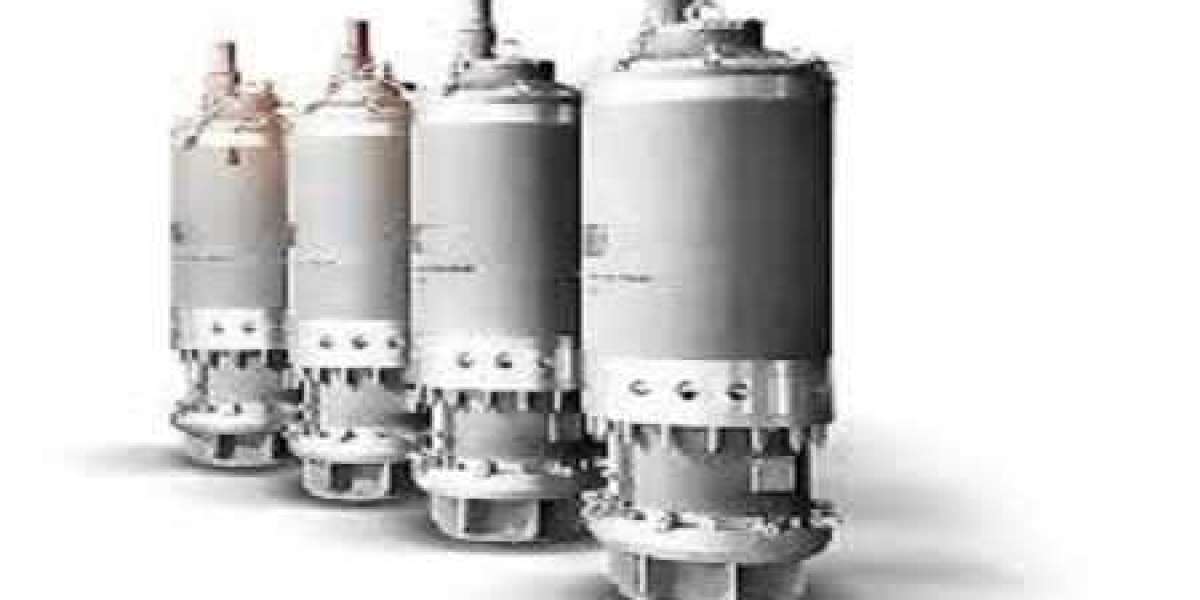In today's globalized economy, efficient supply chain management is crucial for businesses to stay competitive and meet customer demands. Logistic solutions play a pivotal role in streamlining operations and ensuring the smooth movement of goods from manufacturers to end consumers.
By optimizing transportation, warehousing, and inventory management, companies can minimize costs, reduce lead times, and improve overall customer satisfaction. In this article, we will explore the importance of logistic solutions in achieving efficient supply chains and discuss various strategies to streamline operations.

Streamlining Logistic Operations
Streamlining logistic operations is the process of optimizing and improving various aspects of the supply chain to enhance efficiency, reduce costs, and improve overall performance. By implementing effective strategies and leveraging technology, businesses can achieve streamlined logistic operations. Here are key approaches to consider:
- Process Optimization: Analyze and streamline logistic processes such as order management, inventory control, and transportation to eliminate bottlenecks and inefficiencies. Identify areas for improvement, simplify workflows, and standardize procedures to enhance productivity and reduce lead times.
- Technology Integration: Embrace technology solutions like warehouse management systems (WMS), transportation management systems (TMS), and automated tracking systems. These tools improve inventory visibility, streamline order fulfillment, optimize route planning, and enhance communication across the supply chain.
- Collaboration and Partnerships: Foster collaboration and establish strong partnerships with suppliers, manufacturers, and distributors. By sharing information, coordinating activities, and aligning goals, companies can streamline logistic operations and improve overall supply chain performance.
- Data-driven Decision Making: Utilize data analytics to gain insights into logistic operations. Analyze key performance indicators (KPIs), track trends, and make data-driven decisions to optimize processes, identify areas for improvement, and enhance operational efficiency.
- Continuous Improvement: Adopt a culture of continuous improvement by regularly evaluating and refining logistic operations. Encourage feedback from employees and partners, conduct regular performance assessments, and implement lean management principles to eliminate waste and streamline processes.
- Training and Development: Invest in training and developing logistics personnel to enhance their skills and knowledge. Continuous learning ensures that employees are equipped to effectively utilize logistic solutions and adapt to changing industry trends and technologies.
By streamlining logistic operations, businesses can reduce costs, improve customer satisfaction, and gain a competitive advantage in today's dynamic marketplace. If you are interested in logistic solutions, go to elitelogisticsaus.com.au.
The Role of Logistic Solutions in Supply Chains
Logistic solutions play a vital role in supply chains by facilitating the efficient movement of goods and optimizing overall operations. These solutions encompass a range of activities and technologies that contribute to the success of supply chain management. Here are key roles that logistic solutions play in supply chains:
1. Transportation and Distribution:
Logistic solutions help manage transportation networks and optimize the distribution of goods. They select the most suitable modes of transportation, plan routes, and monitor shipments to ensure timely and cost-effective deliveries.
2. Inventory Management:
Logistic solutions enable effective inventory management by tracking stock levels, optimizing storage space, and implementing just-in-time inventory practices. This helps prevent stockouts, reduce carrying costs, and improve overall supply chain efficiency.
3. Warehouse Operations:
Logistic solutions enhance warehouse operations by implementing advanced technologies such as warehouse management systems (WMS). These systems automate processes like receiving, picking, and packing, improving accuracy, minimizing errors, and optimizing storage capacity.
4. Supply Chain Visibility:
Logistic solutions provide real-time visibility into the supply chain. Through technologies like RFID, IoT sensors, and tracking systems, companies can monitor the movement of goods, identify potential bottlenecks, and proactively address issues to ensure smooth operations.
5. Demand Planning and Forecasting:
Logistic solutions leverage data analytics and forecasting tools to improve demand planning. By analyzing historical data, market trends, and customer behavior, companies can make accurate demand forecasts, optimize inventory levels, and improve overall supply chain responsiveness.
6. Risk Management:
Logistic solutions assist in mitigating risks within the supply chain. They identify potential disruptions, establish contingency plans, and provide visibility into potential vulnerabilities, enabling companies to proactively address and minimize the impact of risks.

Overall, implementing logistics solutions is crucial for businesses that want to achieve efficient supply chains. Streamlining operations through the use of technology, data analysis, and collaboration can result in cost savings, faster delivery times, and increased customer satisfaction.
By continuously evaluating and optimizing logistics strategies, companies can stay competitive and agile in an ever-changing marketplace. It is essential for businesses to recognize the value of logistics solutions and invest in them to remain successful in the long term.
Visit Elite Logistics Australia Here
Elite Logistics Australia
3/52 Dunmore Dr, Truganina VIC 3029, Australia
1300-652-157






